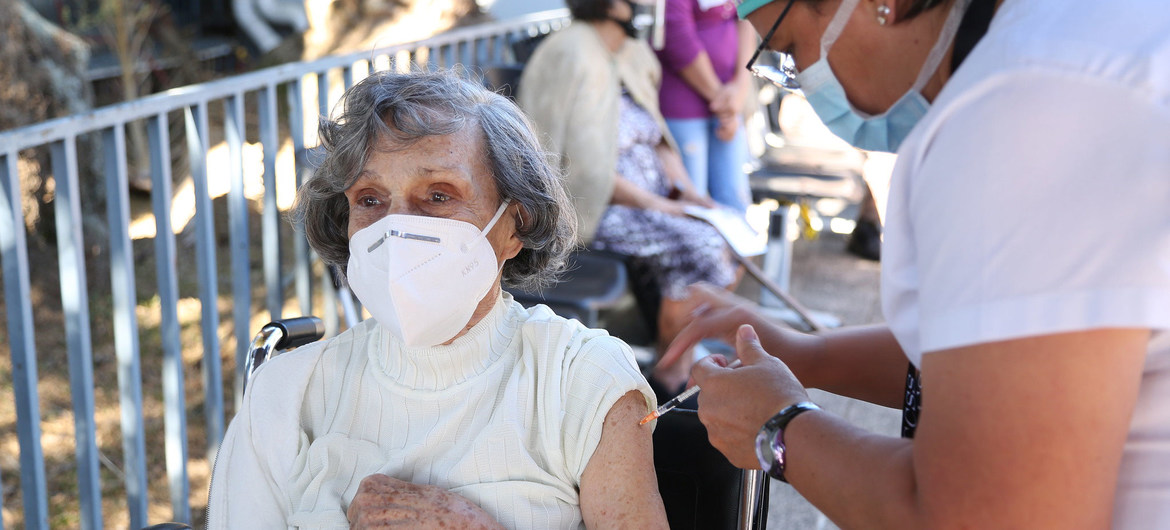
A recent international study conducted by clinical researchers from the Brain Health Center at Providence Saint John’s Health Center, in collaboration with the Pacific Neuroscience Institute, has uncovered a compelling connection between routine exercise and enhanced brain health.
Published in the Journal of Alzheimer’s Disease, the study titled “Exercise-Related Physical Activity Relates to Brain Volumes in 10,125 Individuals” reveals a correlation between physical activity and larger brain regions critical for memory and learning.
Analyzing MRI brain scans from 10,125 individuals conducted at Prenuvo imaging centers, the research identified a significant association between regular physical activities such as walking, running, or engaging in sports and increased brain volumes in vital areas. These areas encompass both gray matter, responsible for information processing, and white matter, facilitating interconnections between distinct brain regions, as well as the hippocampus, a crucial center for memory.
Dr. Cyrus A. Raji, the lead researcher, emphasizes the significance of their findings: “Our research bolsters prior studies indicating the benefits of physical activity for the brain. Exercise not only reduces the risk of dementia but also aids in preserving brain size, especially as we age.”
Dr. David Merrill, study co-author and director of the PBHC, notes, “We discovered that even modest levels of physical activity, such as fewer than 4,000 steps a day, positively impact brain health. This stands in contrast to the frequently advocated 10,000 steps, making it a more achievable goal for many.”
Assistant professor of neurosciences at Saint John’s Cancer Institute and the Pacific Brain Health Center, Dr. Somayeh Meysami, highlights the study’s implications: “Our findings tie consistent physical activity to larger brain volumes, suggesting protective benefits for neurological health. This expansive study enhances our comprehension of lifestyle factors in brain health and dementia prevention.”
Supporting this research, a 2020 Lancet Study identified several modifiable risk factors, including physical activity, that elevate the risk of Alzheimer’s disease.
“This study showcases the impact of exercise on brain health imaging, complementing other research on the role of diet, stress management, and social interaction in substantially mitigating Alzheimer’s disease without the need for medication,” remarked George Perry, Editor-in-Chief of the Journal of Alzheimer’s Disease.
Dr. Attariwala, senior author of the paper, underscores the holistic relationship between physical activity and brain health, stating, “Through comprehensive imaging scans, our study underscores the interconnectedness between body and brain, reaffirming that increased physical activity predicts a healthier aging brain.”
The study’s message is clear: maintaining brain health can be as simple as staying active. Regular physical activity, whether through daily walks or engaging in favorite sports, holds lasting benefits for brain health, encouraging a healthier and sharper mind.











